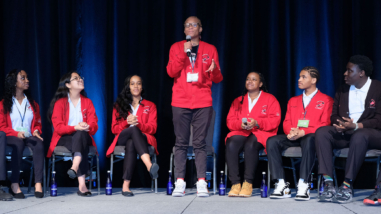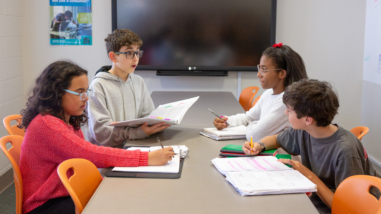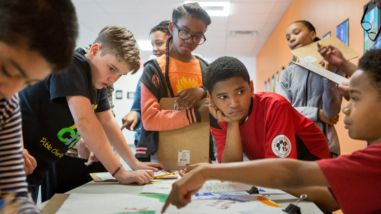Teach For America
For Development Of A Scalable Model For Identifying Deeper Learning In Instructional Practice
-
Amount$350,000
-
Program
-
Date Awarded11/15/2011
-
Term24 Months
-
Type of SupportProject
About the Grantee
Grantee Website
www.teachforamerica.org



